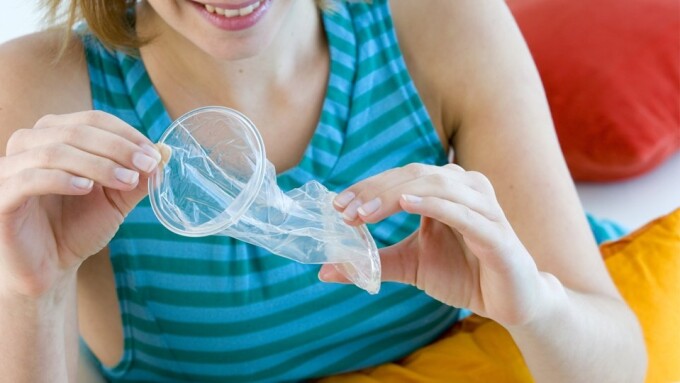WASHINGTON — The FDA hopes that regulatory reclassification of condoms designed for vaginal use will encourage potential new manufacturers to enter the market and provide greater access.
Once called the “female condom,” the federally rebranded “internal condom” can go inside the vagina or the anus to prevent STIs and pregnancy.
The female condom debuted in 1993 as a first-of-its-kind device that allowed receptive partners to control the use of a condom and wear it themselves as protection from STIs and unwanted pregnancies. Its successor, the FC2 female condom, was released in 2009.
To date, there had been only one maker of internal condoms, Veru’s FC2 Female Condom, which could only be obtained through prescription or purchased directly from the company, nonprofit health centers or other government health agencies.
For years, health advocates had campaigned over the stringent regulations on internal condoms that made them excessively difficult to come by.
Now, female condoms have been reclassified into the same category as male condoms.
In late September, the FDA released in the Federal Register three significant changes about female condoms, which are now:
- Renamed as a “single-use internal condom,” a change that de-genders the prevention tool and provides a more inclusive description of who is encouraged to use and benefit from it;
- Transitioned from the regulatory Class III to a Class II, a move that will lessen the burden on manufacturers when seeking FDA approval for existing and newly developing versions of internal condoms; and,
- Approved for both vaginal and anal intercourse, thus endorsing use for a wider spectrum of sexual activities.
“We are thrilled to learn about these changes and so grateful for the tireless efforts of sexual health advocates across the globe who worked for years to demand greater access to this prevention method, which truly empowers people to take control of their health on their own terms,” said Sara Semelka of the AIDS Foundation of Chicago, which is associated with the National Female Condom Coalition.








